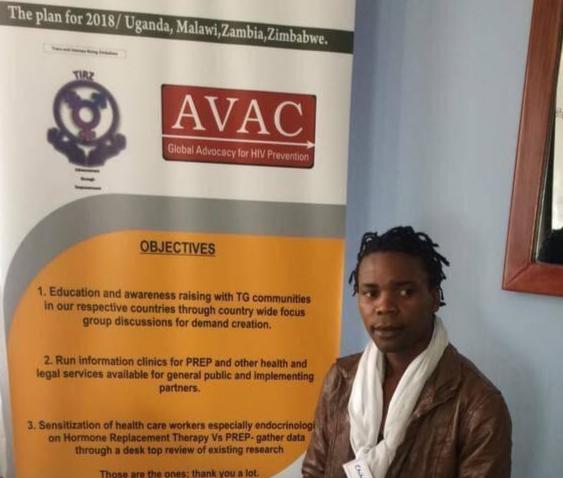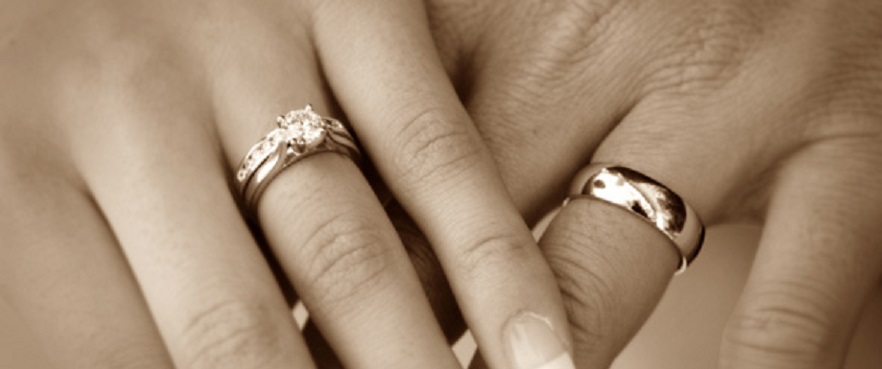By Romeo Takundwa
Expressing one’s sexual orientation has not always been easy for queer people living in Zimbabwe, largely due to the conservative nature of our society.
While there seems to have been some significant progress in the acceptance of the LGBTQI community, many still find it difficult to reveal their sexual orientation due to unwelcoming ‘social norms’.
Caritus Kunswanga*, a father of two from Bindura’s Chanaka peri-urban settlement, said the fear of stigma and discrimination as well as family and societal pressures resulted in him agreeing to an arranged marriage with a woman despite being gay.
In an interview with Bustop TV, Kunswanga* (36) said he has lived his entire life in the closet due to fear of being labelled “a deviant or social misfit” by relatives and the community. He also attributed his recent separation with his wife to her discovery that he is gay.
“I would say my sister is the only person whom I have always been comfortable to speak to about my sexual orientation, as we grew up together. As for my wife, whom I had stayed with for over five years, I would dread to tell her, as I felt she would be too jealous and could associate any relationship I have with a male counterpart to be a sexual one,” said Kunswanga.
His situation is further complicated by socially conservative attitudes in Zimbabwe and his family’s Christian and cultural backgrounds, which barely recognize let alone understand the LGBTQI community.
“I have noticed that I have to conform to religious values my family and society subscribe to to avoid falling into the abyss of social stigma and discrimination. My family expected me to have a wife and children. I have two children, and in the later stages of our union she was content that I had given her children but recently decided to find another partner,” he said.
Kunswanga* says over the years he has had steady partners, the majority of whom are married men. In June, his former wife outed him in a civil court during their divorce settlement.
“I have been in four steady relationships with willing partners. I do not fear these men exposing me, as we are in the same boat. Some members of the community suspect that I am gay, but they do not have proof. I don’t plan to come out publicly because of the political positions I currently hold in my community.”
Kunswanga*’s younger sister Chiedza said she respects her brother’s sexual orientation.
“My brother has always been like that, he has always been himself. We noticed nothing wrong about it. After he got married, he began to talk about his sexual preferences with me. At first, I found it weird, but I quickly understood him and his choice not to talk about it with anyone else, as I respect his right to privacy, and you may also know about the stigma and hate speech in our society,” she said.
Trans and Intersex Rising Zimbabwe (TIRZ) Programs Director Queen Bee Meki reiterated that there is no need to come out until a person is ready to do so.

“The first question should be, why should you come out? In some instances, there is no need to come out to everyone because there is no benefit. You might face backlash, which in turn causes mental breakdowns, suicide, homelessness, and poverty. Be who you are, let people be suspicious and talk about who you are, without you telling them,” said Meki.
*Pseudonym has been used
Coming out: The process of identifying to oneself and to others in accordance with one’s sex, sexual orientation, or gender identity.
In the closet: Withholding information about one’s sex, sexual orientation, or gender identity. Also referred to as “closeted.”
‘This article was produced with the financial support of the European Union. Its contents are the sole responsibility of <Romeo Takundwa/BustopTV> and do not necessarily reflect the views of the European Union’.
